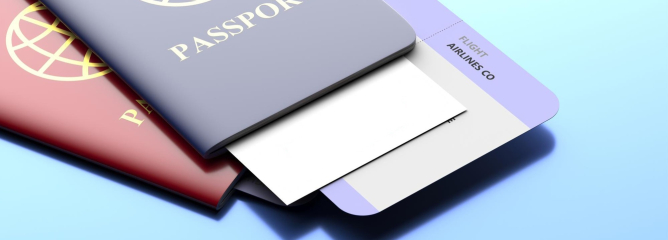
Cote d'Ivoire (Republic of Cote d'Ivoire) is located in West Africa. The capital is Yamoussoukro. It borders Liberia, Guinea, Mali, Burkina Faso and Ghana. It is washed by the Atlantic Ocean in the south, making it a coastal state. The form of government is a presidential republic. The head of state is the president.
Climate. The climate in the country is equatorial in the south and subequatorial in the north. Two main seasons predominate: the rainy season (April to October) and the dry season (November to March). The rainy season is characterized by heavy rainfall, while the dry season is drier and hotter. The average annual temperature is about 30°C.
Number. In 2023 the population was 29,344,847.
Language. French is the official national language and is used in government documents, education, business and international relations. Also, most educational programs in schools and universities are conducted in French. The country also has many local languages and dialects for different ethnic groups.
The Republic of Côte d'Ivoire is one of the largest and most economically developed countries in West Africa. Agriculture plays an important role in the country's economy. The state is one of the world's largest cocoa producers and one of the largest coffee producers in Africa. In addition, it also produces palm nut oil, rubber and other agricultural products. The export of agricultural products, particularly cocoa and coffee, is an important source of income.
Côte d'Ivoire also has significant reserves of oil and natural gas in its coastal areas, which supports the development of the mining industry. These resources contribute to energy exports. The country is investing in developing its infrastructure, including road and rail networks, ports and airports, to improve conditions for trade and investment. In recent years, Côte d'Ivoire has introduced a number of economic reforms to attract investment and improve the business environment. These measures include simplifying business start-up procedures and reducing bureaucratic barriers.
However, despite its economic potential, Côte d'Ivoire, like many other countries, faces serious problems of social inequality. Inequality in education remains a major problem. Many children in poor and remote areas of the country do not have access to quality education. This can create a cycle of poverty as education is key to improving economic status. Access to quality health care is also limited, especially in rural areas. This leads to a high mortality rate.
Economic inequality is when wealth and opportunity are unevenly distributed. Rural populations and those living in poor areas have less access to jobs and economic resources. The major city of Abidjan is an economic and cultural center and many opportunities and investments are concentrated here. Some ethnic groups may face discrimination and limited opportunities.
The Government of Côte d'Ivoire is making efforts to mitigate these problems and improve conditions for the poor and vulnerable. This includes reforms in education and health care, as well as efforts to combat poverty and inequality. However, social inequality remains a major problem for the country.
